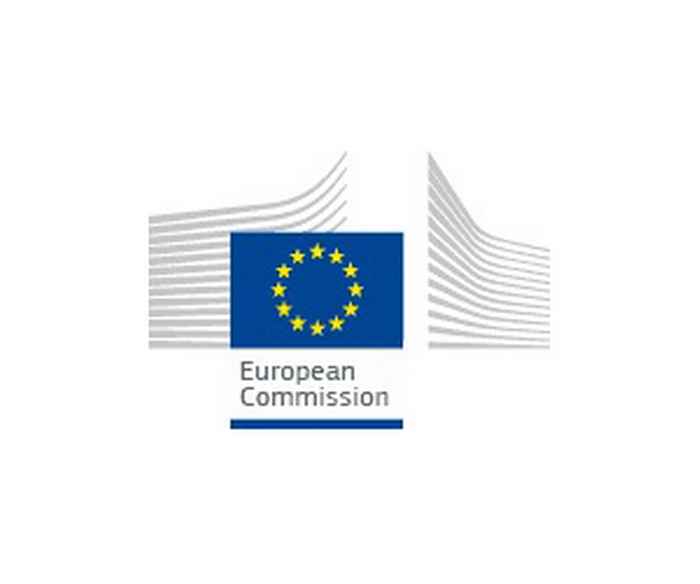CODEBAR
Comparisons in Decentralised Bargaining: towards new relations between trade unions and works councils?
The Amsterdam Institute for Advanced labour Studies–Hugo Sinzheimer institute (AIAS-HSI) coordinates the international research project CODEBAR: Comparisons in decentralised bargaining: towards new relations between trade unions and works councils? This project addresses from an interdisciplinary and multi-level governance perspective, the social partners’ responses to downward pressures on the locus of collective bargaining and the subsequent increasing involvement of workers’ representation at the company level. CODEBAR analyses the backgrounds, practises and effects of decentralised bargaining at the company level in eight EU Member States: France, Germany, Ireland, Italy, the Netherlands, Poland, Spain and Sweden.
